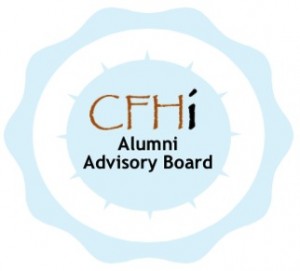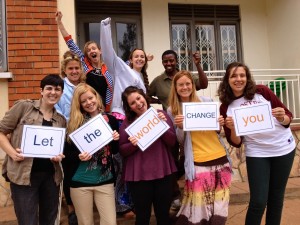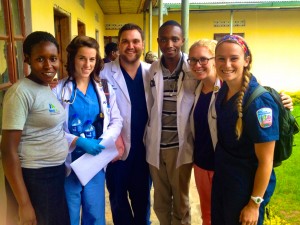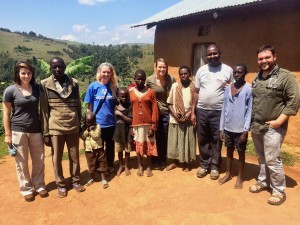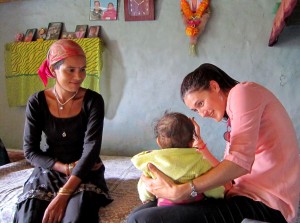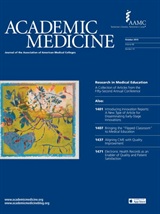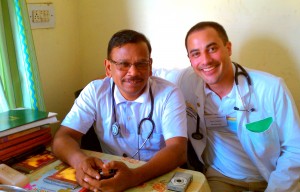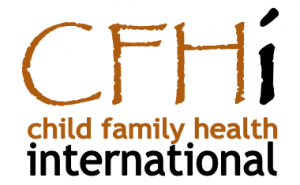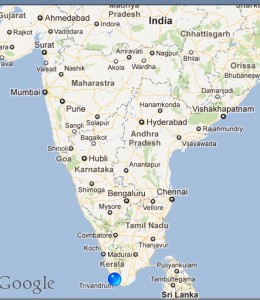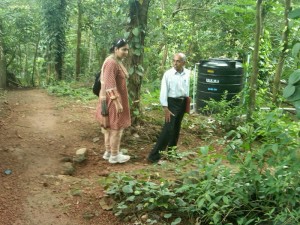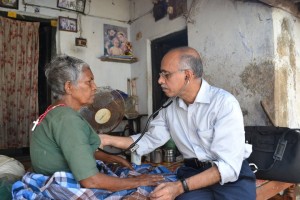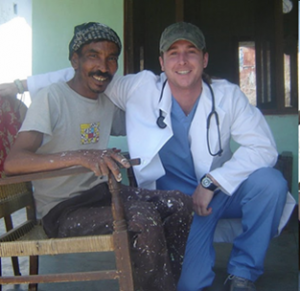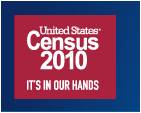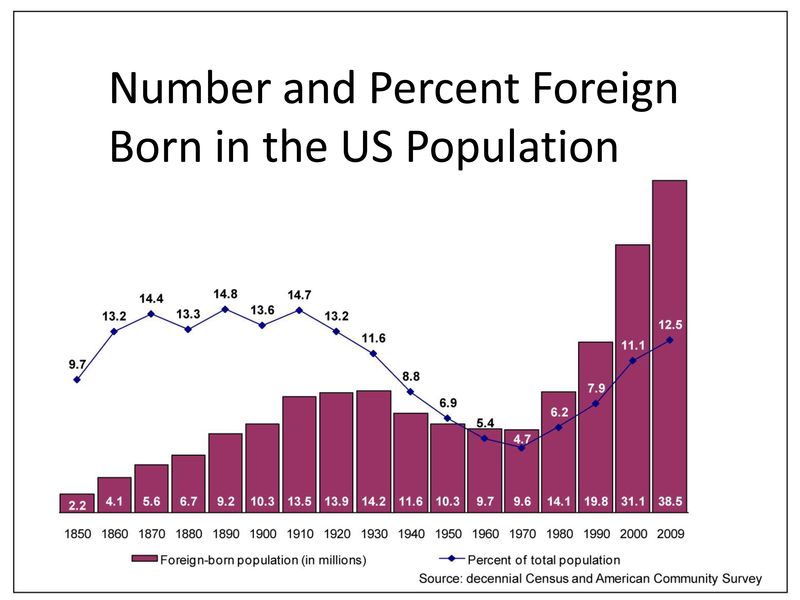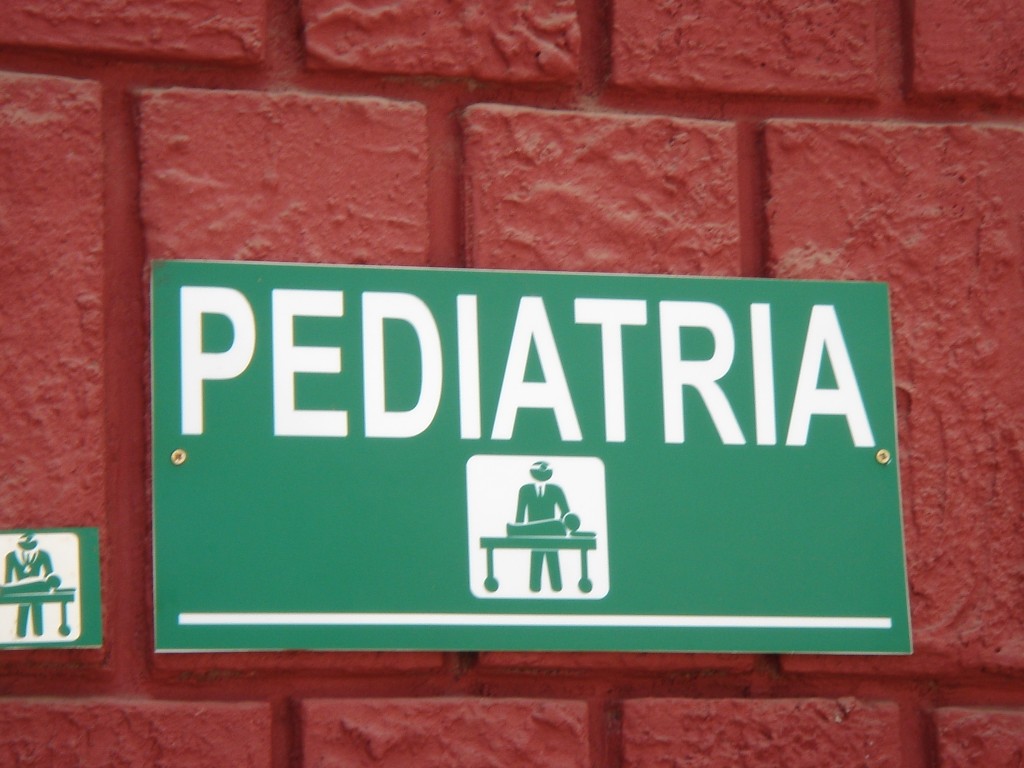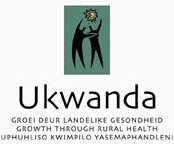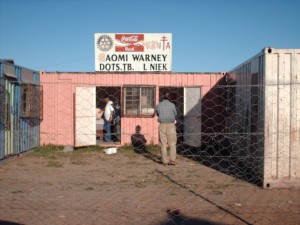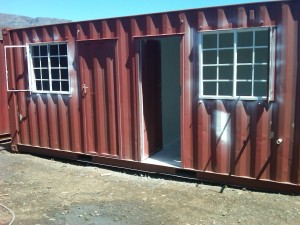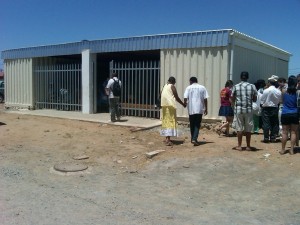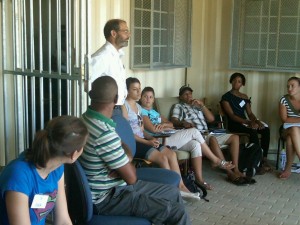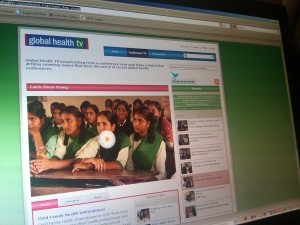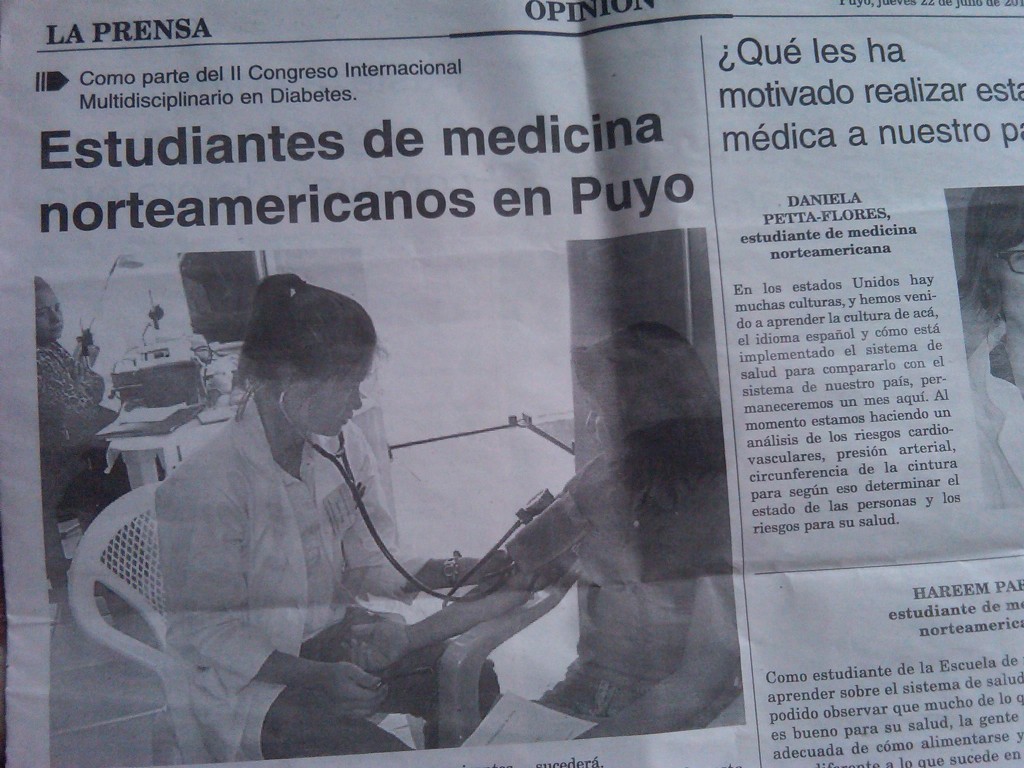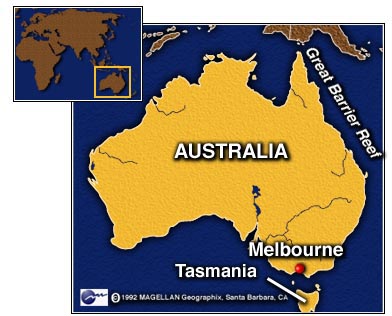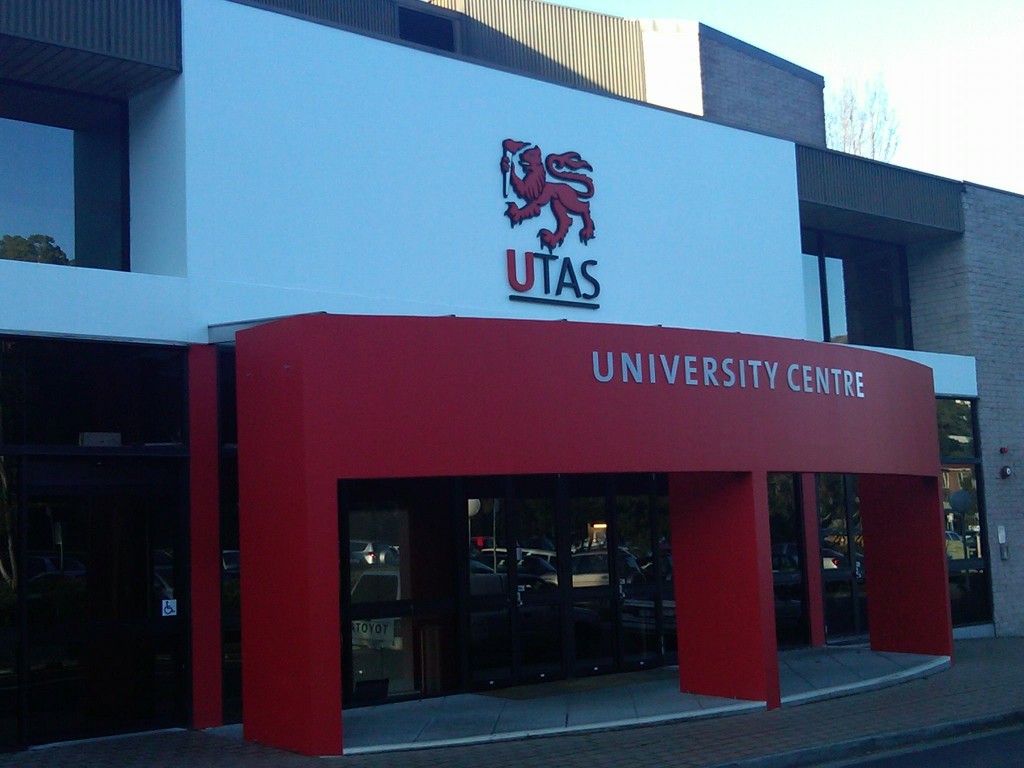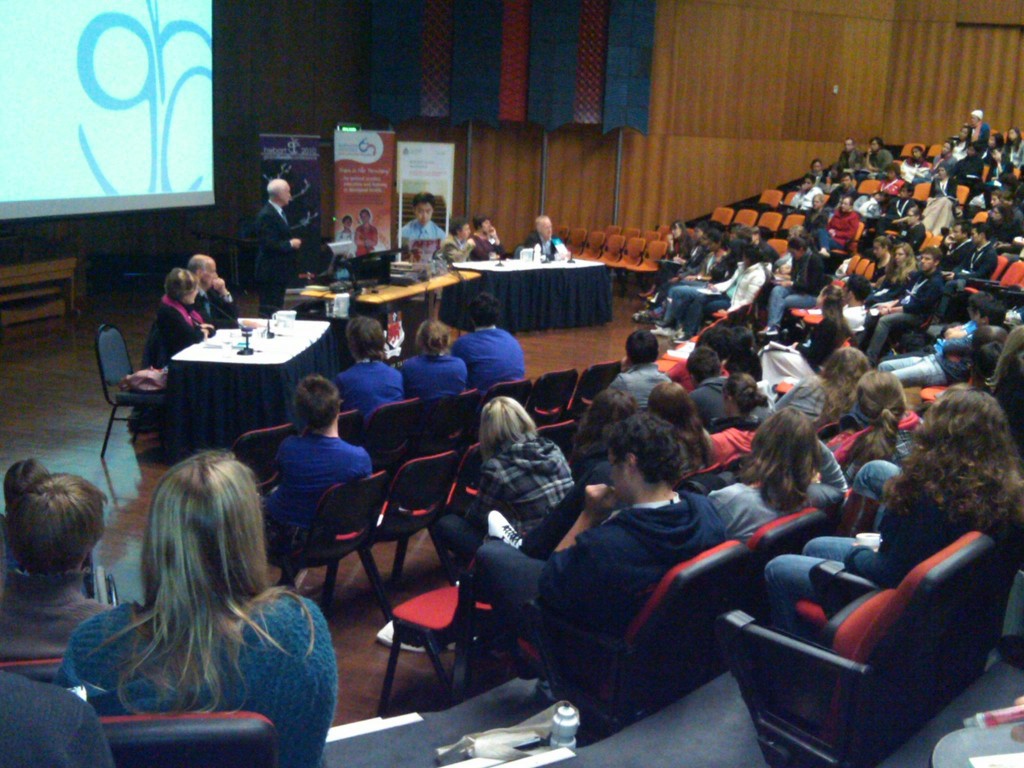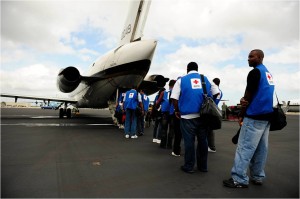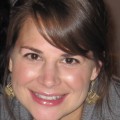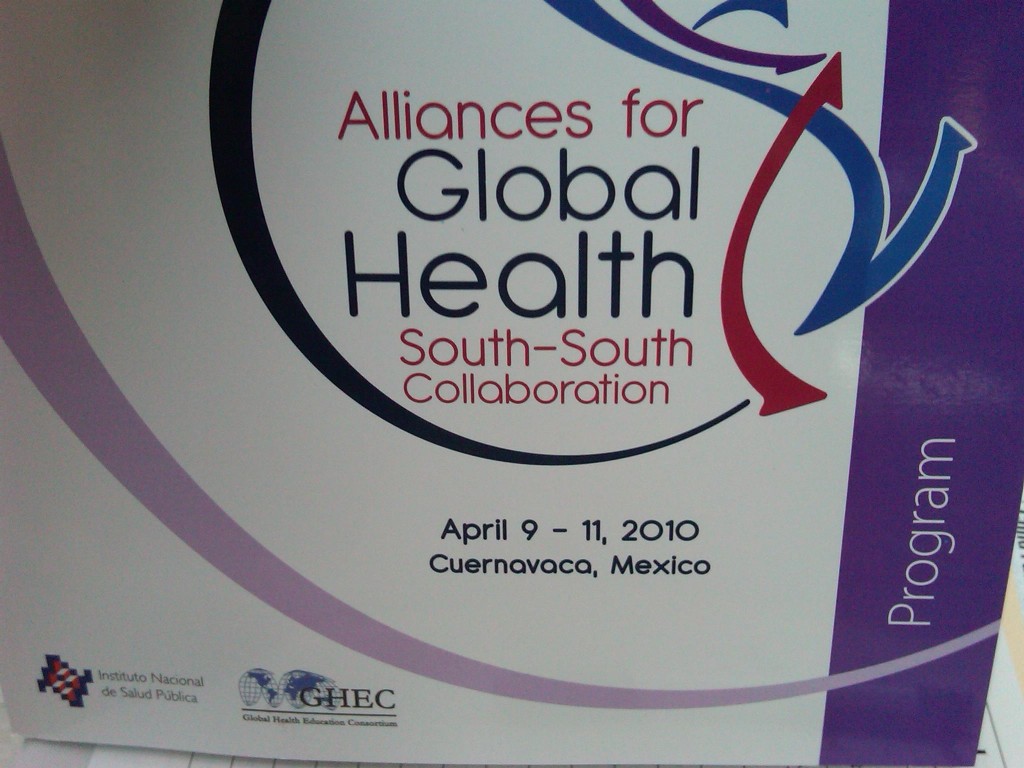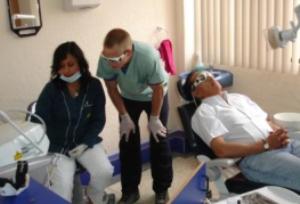Over the past 23 years, Child Family Health International (CFHI) has transformed over 8,000 participants’ lives through our Global Health Education Programs in 7 countries. CFHI Global Health Scholars experience competency-based education and asset-based community development, while contributing to the transformational ways that CFHI’s partners address health and healing.
As experts in this approach, CFHI welcomes our alumni to contribute to our global health efforts in a new and influential way. CFHI is now accepting applications for its inaugural Alumni Advisory Board (AAB). Through the AAB, CFHI alumni will help shape our organization’s advocacy, education and development efforts, as well as the impact that CFHI Global Health Scholars have long after they return from their international programs.
The Alumni Advisory Board provides a structure to facilitate alumni interaction with CFHI, including soliciting alumni opinions and input, mobilizing alumni on CFHI’s behalf, encouraging intra-alumnus mentoring, and providing alumni an opportunity to stay involved in global health and CFHI in a formal/professional development fashion.
The AAB is 12 members with diverse professional background at varying stages of their career. The board will increase collaboration between CFHI alumni, staff and international partners—all committed to advancing CFHI’s mission and building the next generation of global health leaders.
AAB members will engage and benefit from the experience in various ways. For CFHI alumni in the early stages of their career, the board will provide an opportunity to build leadership skills, network with like-minded students and professionals, and further build their global health experience. AAB members who are further along in their careers can lend their expertise, mentor other CFHI alumni, or serve in a senior leadership role on the board. The AAB will enable our alumni to build on the cross-cultural relationships that were created during their CFHI experience and apply that knowledge to their personal and professional endeavors.
CFHI is seeking a diverse pool of applicants for the Alumni Advisory Board of a variety of professional fields, education levels, and backgrounds. In addition, CFHI welcomes all skills including graphic design, social media, event planning, etc. AAB members will be a voice for their CFHI host community, therefore applicants will be chosen from CFHI’s 7 country sites—Argentina, Ecuador, Bolivia, India, Mexico, South Africa and Uganda.
Applications for CFHI’s inaugural Alumni Advisory Board are due by April 1st and can be filled out here. A committee consisting of CFHI Staff and Board of Directors will select AAB members for the 2015-2017 term by June 2015.
For more information, please contact alumni@cfhi.org.

